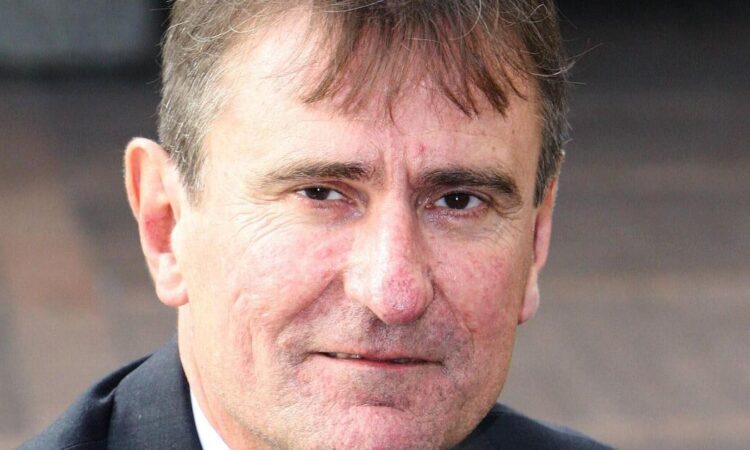
The Central Bank of Ireland has set a date for an inquiry hearing into a former chief executive of Permanent TSB as part of its investigation into the tracker mortgage scandal that engulfed the banking sector.
David Guinane, who worked for the bank for 25 years, is the first individual to be put before a public inquiry into the scandal since it first emerged in 2015.
The inquiry is being overseen by UK barrister Peter Hinchliffe, who has held four private meetings relating to the inquiry since February last year.
The Central Bank announced on Friday that a public inquiry management meeting will take place on Monday, June 26, in Dublin, with the inquiry hearing due to begin on Monday, October 2, and run until Friday, October 20.
The investigation into Mr Guinane was initially announced in 2021. Mr Guinane left the bank in 2012 and was replaced by Jeremy Masding.
David Guinane, who served as chief executive of Permanent TSB up until 2012, is the first individual to be put before a public inquiry as part of the investigation into the scandal.
Since the tracker mortgage scandal emerged, the Central Bank has levelled fines against implicated banks to the tune of tens of millions of euro.
The five main banks at the time — AIB, KBC, Permanent TSB, Bank of Ireland, and Ulster Bank — were all involved in the scandal.
The investigation into the scandal revealed an estimated 40,000 customers were wrongly removed from their tracker mortgages and moved onto a higher interest rate. In some instances, people lost their homes due to the scandal.
The first fines for the scandal imposed by the Central Bank was for €4.5m in late 2016 against Springboard Mortgages — a subsidiary of Permanent TSB which was eventually sold on.
In May 2019, the Central Bank followed this up with a fine of €21m for Permanent TSB itself.
In March 2021, Ulster Bank was fined almost €37.8m and in September the same year, KBC was fined €18.3m.
In June 2022, AIB was fined €96.7m —including the €13.4m fine handed down to its AIB-owned EBS — for its role in the scandal.
However, Bank of Ireland was set for the largest fine arising from the scandal, with the Central Bank imposing a record €100.5m fine in September last year for its involvement.
The bank’s failures resulted in the loss of 50 properties, including 25 family homes.





